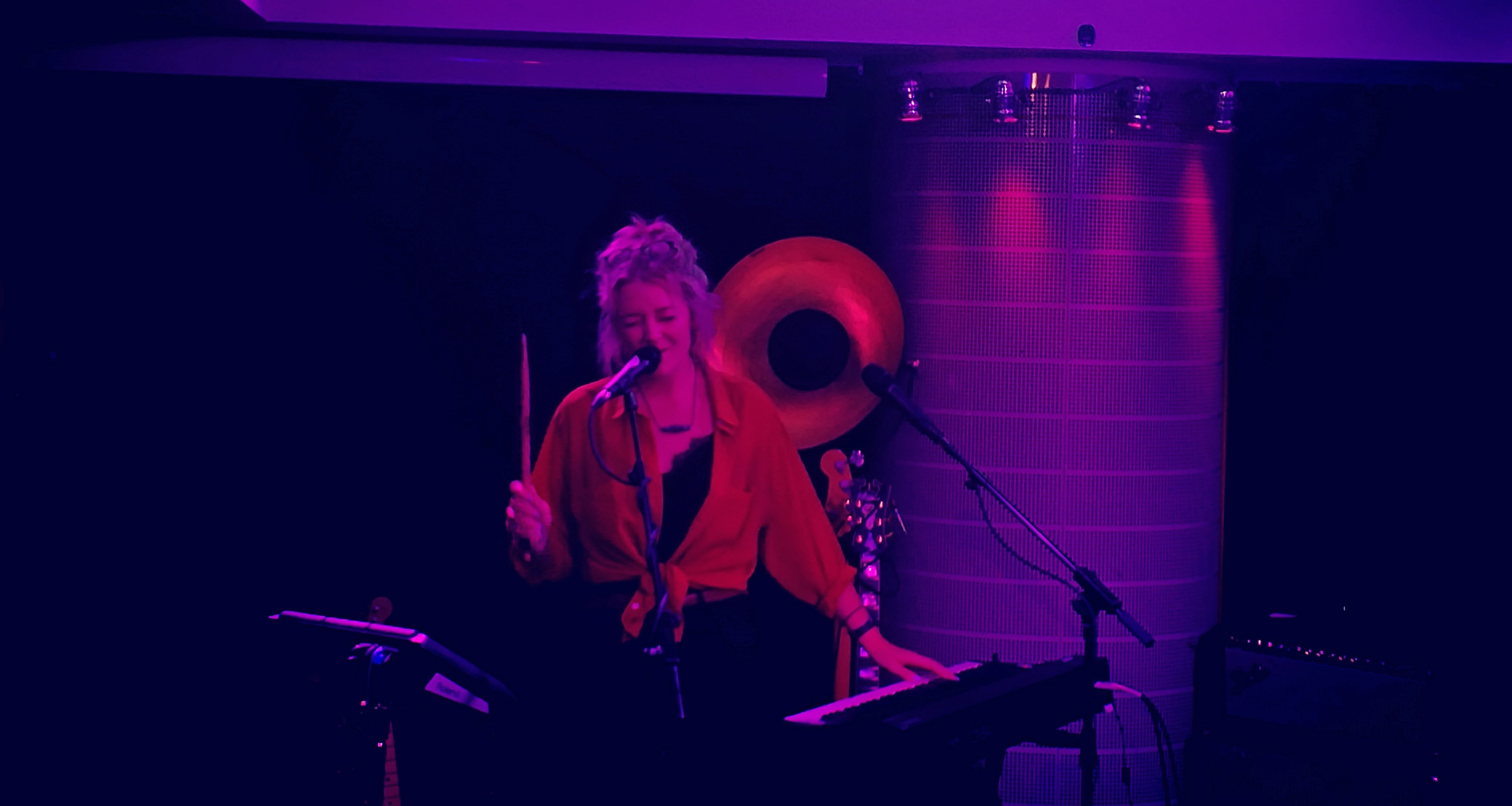Game of Thrones Season 7, Episode 7 Review
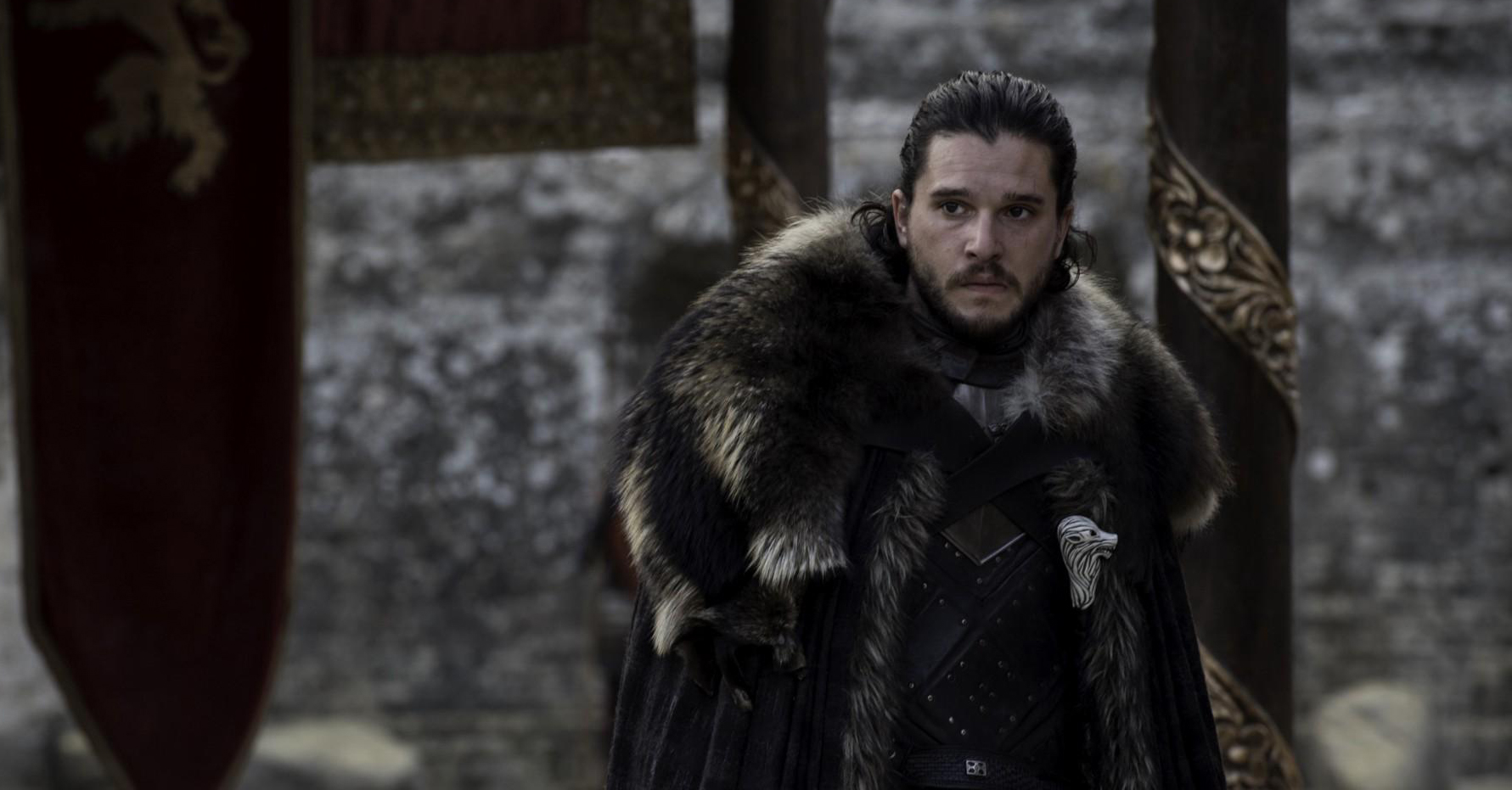
‘The Dragon and the Wolf’
Despite the appearances, Game of Thrones and A Song of Ice and Fire have never been completely open-ended and continuous. It might be that events lead to events that lead to events, but ultimately, it was all leading towards two, three or even four moments of significance. And they all happened this episode: the convergence of almost every remaining main characters in one location; the full reveal of Jon’s parentage; the start – and perhaps given that reveal, end – of his relationship with Dany; and of course, the Night King smashing down the Wall and marching on southwards. The former, that meeting in the Dragonpit, might be more of an eventuality, but the latter three have all felt – to those book readers amongst us, and to those show-only viewers with one eye on the future – like the destination.
Of course, this isn’t the end, but it is the chokepoint, the closest contraction of the plot, from which the remaining action and the end itself will spring. All of which makes it odd to consider this a refreshingly slow episode, but it was. ‘The Dragon and the Wolf’ could easily have cut 20 minutes and been an hour’s television in the same rushed style of previous weeks. Thankfully, that wasn’t the case.
It’s hard to call any one part the centrepiece of the episode, given the spread significance of those moments laid out above, but the meeting in the Dragonpit was naturally the development that took the most time to portray. In theory, it was a whole subset of ‘finally’ moments bunched into one. Finally, Cersei comes face to face with Dany and Jon. Finally, all those little character rivalries brought together. Finally, the pre-match press conference for Cleganebowl. Alright, maybe not the last one, though we can dream.
The problem was that in practice, there wasn’t so much room for the ‘little people’. Of course, objectively, almost everyone there was a lead character, and so there weren’t really many ‘little people’. But such was the nature of the scene, it was mostly just Tyrion, Dany, Jon and Jaime, with everyone else reduced to one-liners or strategically filmed glowers. Euron mocks Theon, and then pretends to storm off back to hide on Pyke. Jaime and Brienne share a glance and a word. Bronn conveniently flees the stage before Cersei’s arrival because Jerome Flynn and Lena Headey refuse to be in the same place at once.
There had been lots of talk about the possible criss-crossing characters and how they might interact – Jon and Jaime last met in the first episode, as Jaime mocked Jon that joining the Night’s Watch was ‘only for life’ – but there was no time for that here. As a scene, it worked brilliantly, representing each of the key players well; Jon’s incapacity to lie to get what he wants, and Cersei’s desire to lie to get what she wants. And, despite her overall schemes, there was real fear on Cersei’s face when the Wight emerged and ran at her. She was in control before and after, but seeing her break in such a way, even for a second, was fascinating. Yet as a convergence, it didn’t work quite so well. Indeed, it couldn’t work so well, for such a spread would have compromised the singular focus the scene demanded, the focus on brokering a truce to fight against the White Walkers.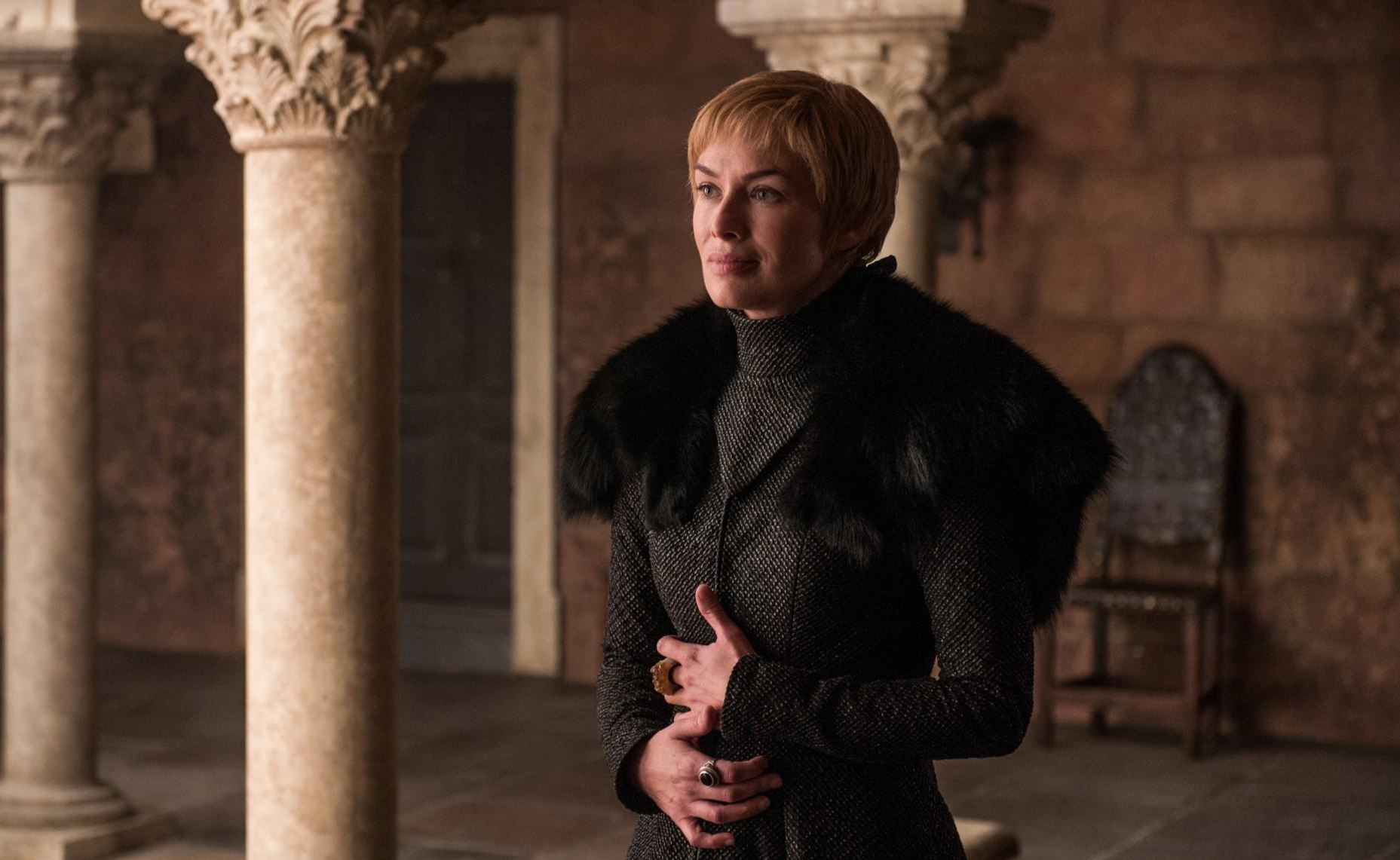 Unsurprisingly, things didn’t go to plan, initially or eventually. There was, though, a sweet spot in the middle where it seemed Tyrion had pulled it out the bag following his discussions with Cersei. Instead, combine the sudden cut away from their conversation, her improbable return to the negotiations, and the worried look on Tyrion’s face as he looked across the boat to Dany’s cabin, and what’s more likely is that Tyrion buried the truth. Cersei avoids an immediate skirmish at King’s Landing that she couldn’t win, while keeping her real plans hidden, and Tyrion finds a way to convince everyone else to return North and prepare. From the narrow perspective of those two characters, it’s win-win. Of course, it might be likely, and it might be of immediate benefit to those two, but that doesn’t make it remotely sensible. If Cersei isn’t allying with them, then all it does is postpone that reality, allowing Cersei time to outmanoeuvre them, and for things to go wrong in the interim. Things, which as it turns out, Tyrion wistfully witnesses later, but more of that in a minute…
Unsurprisingly, things didn’t go to plan, initially or eventually. There was, though, a sweet spot in the middle where it seemed Tyrion had pulled it out the bag following his discussions with Cersei. Instead, combine the sudden cut away from their conversation, her improbable return to the negotiations, and the worried look on Tyrion’s face as he looked across the boat to Dany’s cabin, and what’s more likely is that Tyrion buried the truth. Cersei avoids an immediate skirmish at King’s Landing that she couldn’t win, while keeping her real plans hidden, and Tyrion finds a way to convince everyone else to return North and prepare. From the narrow perspective of those two characters, it’s win-win. Of course, it might be likely, and it might be of immediate benefit to those two, but that doesn’t make it remotely sensible. If Cersei isn’t allying with them, then all it does is postpone that reality, allowing Cersei time to outmanoeuvre them, and for things to go wrong in the interim. Things, which as it turns out, Tyrion wistfully witnesses later, but more of that in a minute…
While there was a certain degree of skepticism as an audience towards just how genuine Cersei was in her agreement to the truce, Jaime had bought it completely, bringing them towards an antagonism that has been long overdue on the show. It didn’t happen because of her attitude to Tyrion following Joffrey’s death, or after Myrcella’s death, or even after Cersei’s mass murder in ‘The Winds of Winter’, leading to Tommen’s suicide. But their response to this situation was that moment, the one where he couldn’t, or wouldn’t, stand by. As he pointed out, this wasn’t a war that could simply be sat out and played off strategically. Whoever wins in the North would pick them off eventually. Of course, Cersei’s response had a certain merit too: if dragons and Dothraki and Unsullied aren’t enough to stop the army of the dead, what difference will the remnants of the Lannister forces, and the elephants of the Golden Company have?
It was a dramatic and effective crossroads for them to reach, because it wasn’t simply a case of reacting to what had happened, but of anticipating what events they might cause. The Sept of Baelor, and the deaths of their children, were all events which no amount of opposition and opprobrium could alter or prevent. But, in Jaime’s mind at least, this was something he could prevent Cersei from doing. The futility of his arguments made it feel like a full-on breaking point, a moment where it made sense that either he died, or she did. Because Cersei couldn’t pull the trigger then, with all her impulsive rage still burning, and with Jaime egging her on to do it, then what future event will cause her to do so? It’s interesting to see her unable to give the command – twice in fact, with the mirror instance with Tyrion – but it does rather extinguish the tension of the situation if, despite her protestations, someone can walk away from her. But who knows.
What we do know, however, is the truth about Jon. Indeed, the truth that he isn’t actually Jon at all, but Aegon. Which, as far as naming choices go, is slightly weird, given that Rhaegar’s first son, killed by Gregor Clegane after Rhaegar’s death at the Trident and thus after his secret second marriage to Lyanna, was also called Aegon. Which means that Rhaegar named his second son Aegon, while the first Aegon was still alive elsewhere. Clearly, there’s a slight fascination with the name on Rhaegar’s part, owing to the lineage of Aegon the Conqueror, but still – slightly weird.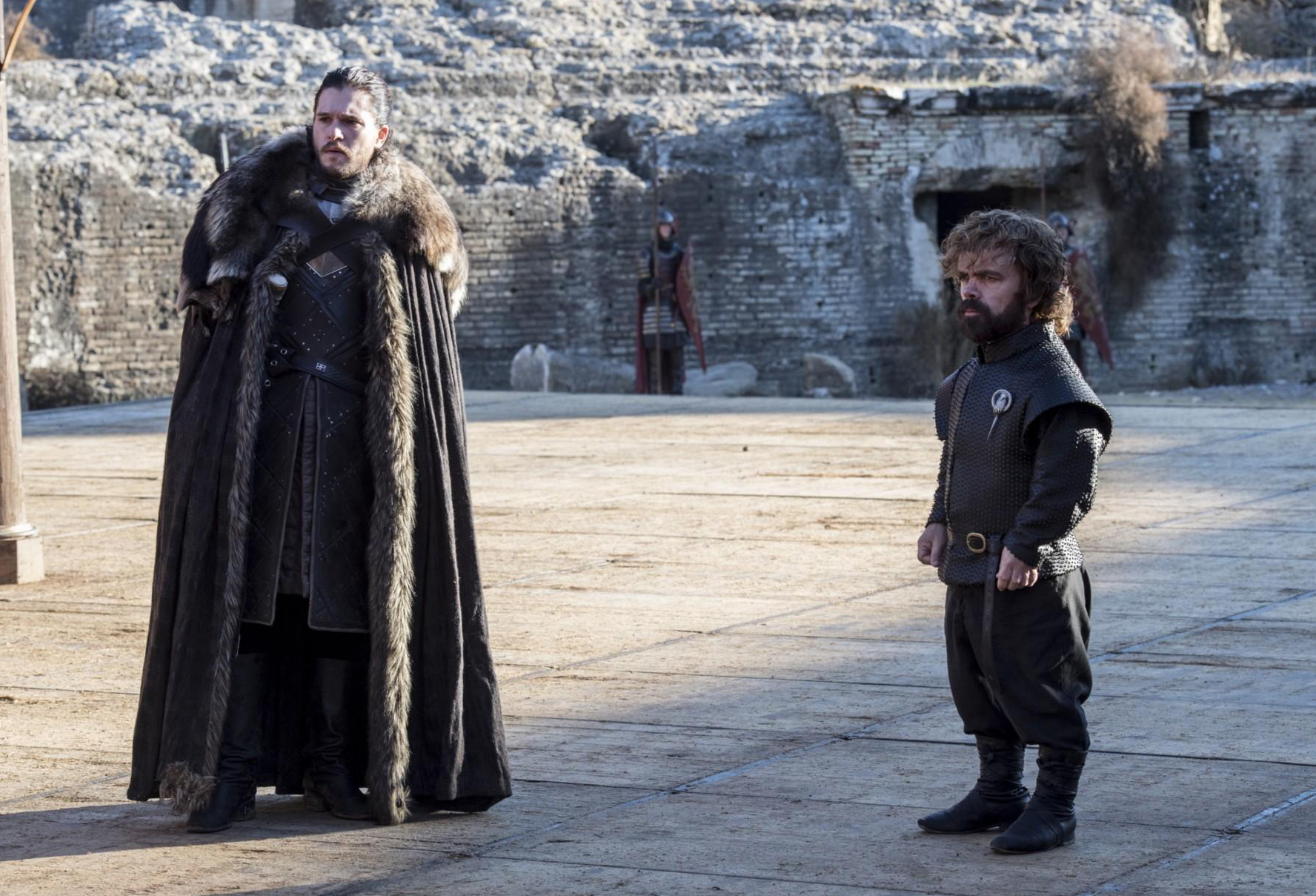 In any case, it was another ‘finally’ moment, as Bran shared his secret with someone else out loud, after teasing so many characters with it until now. In Sam being the one he told, the whole truth spills out – it turns out that Sam was listening to Gilly, or at least that what she was reading was actually what Sam himself had transcribed from other documents, which would explain his irritation, but would fail to explain why he didn’t take the information more seriously in the first place – and now, it’s just a case of awaiting Jon’s arrival at Winterfell, and the awkward familial ties being revealed to him. The reality of Jon’s birth is a point that, as aforementioned, the story has been leading to since the beginning, and so in one sense, it’s a huge deal. In another, it’s also significant as, thanks to primogeniture, it puts Jon theoretically ahead of Dany in the order of succession. And of course, it will be supremely awkward, given it makes Dany his aunt, a fact exacerbated by the nature of Targaryen inbreeding, which almost makes them closer to siblings in terms of DNA.
In any case, it was another ‘finally’ moment, as Bran shared his secret with someone else out loud, after teasing so many characters with it until now. In Sam being the one he told, the whole truth spills out – it turns out that Sam was listening to Gilly, or at least that what she was reading was actually what Sam himself had transcribed from other documents, which would explain his irritation, but would fail to explain why he didn’t take the information more seriously in the first place – and now, it’s just a case of awaiting Jon’s arrival at Winterfell, and the awkward familial ties being revealed to him. The reality of Jon’s birth is a point that, as aforementioned, the story has been leading to since the beginning, and so in one sense, it’s a huge deal. In another, it’s also significant as, thanks to primogeniture, it puts Jon theoretically ahead of Dany in the order of succession. And of course, it will be supremely awkward, given it makes Dany his aunt, a fact exacerbated by the nature of Targaryen inbreeding, which almost makes them closer to siblings in terms of DNA.
But once the awkwardness and the immediate narrative ramifications are sorted, it is a shame that there will be little time to explore the full consequences for Jon as a character, and as a person. His whole identity is built on the idea that, given his bastard status, what he does is infinitely more important than who he is. The impact of this reveal on that identity is something that could have easily, and compellingly, filled ten episodes or more of pure character progression, of exploration of what it does to who he is. But the same could be said of the consequences of Jon returning from the dead, and the only effect of that particular event seems to be an imperviousness to death that was conveniently absent in the first instance, and in general, the impact – his continued existence as a character – has greatly outweighed the consequences of his return.
In book form – should the necessary books ever actually arrive – both developments will have the room to breathe, and to allow the concurrent progression of both plot and character, across potentially 2000 pages of slow-burn end game. What it means for him won’t have to be sacrificed for what it means for the story. But in show form, that end game is a mere six episodes; there’s only so much time left, and this season seems to be evidence that what time there is will be spent on ‘bigger things’ than internal conflict. But maybe I’m selling the show short on this particular issue. Jon’s real parentage is, after all, the question which George R. R. Martin asked David Benioff and DB Weiss before he would let them develop the show. If anything in this last stretch would get proper character development, it’s this, and maybe the lack of impact of Jon’s resurrection is just to save the impact for this impact. Only time will tell.
In Jon’s absence, Winterfell has been a mess, as was particularly visible during ‘Beyond the Wall’. But thankfully, as had been speculated, the end result is one that had been hoped for by both Stark loyalists and those striving for character consistency alike: Littlefinger outwitted and dead, and the sisters Stark actually talking to each other. It’s a relief that things are back on track, but it’s hard to overlook the stilted, contrived idiocy that forced us to this exact moment. The way in which Littlefinger was dispatched showed the logical ability of the siblings to communicate and work together, while also highlighting the importance of Bran’s vision, and the natural portrayal of the real chemistry between Arya and Sansa, as shown through their talk on the battlements towards the end.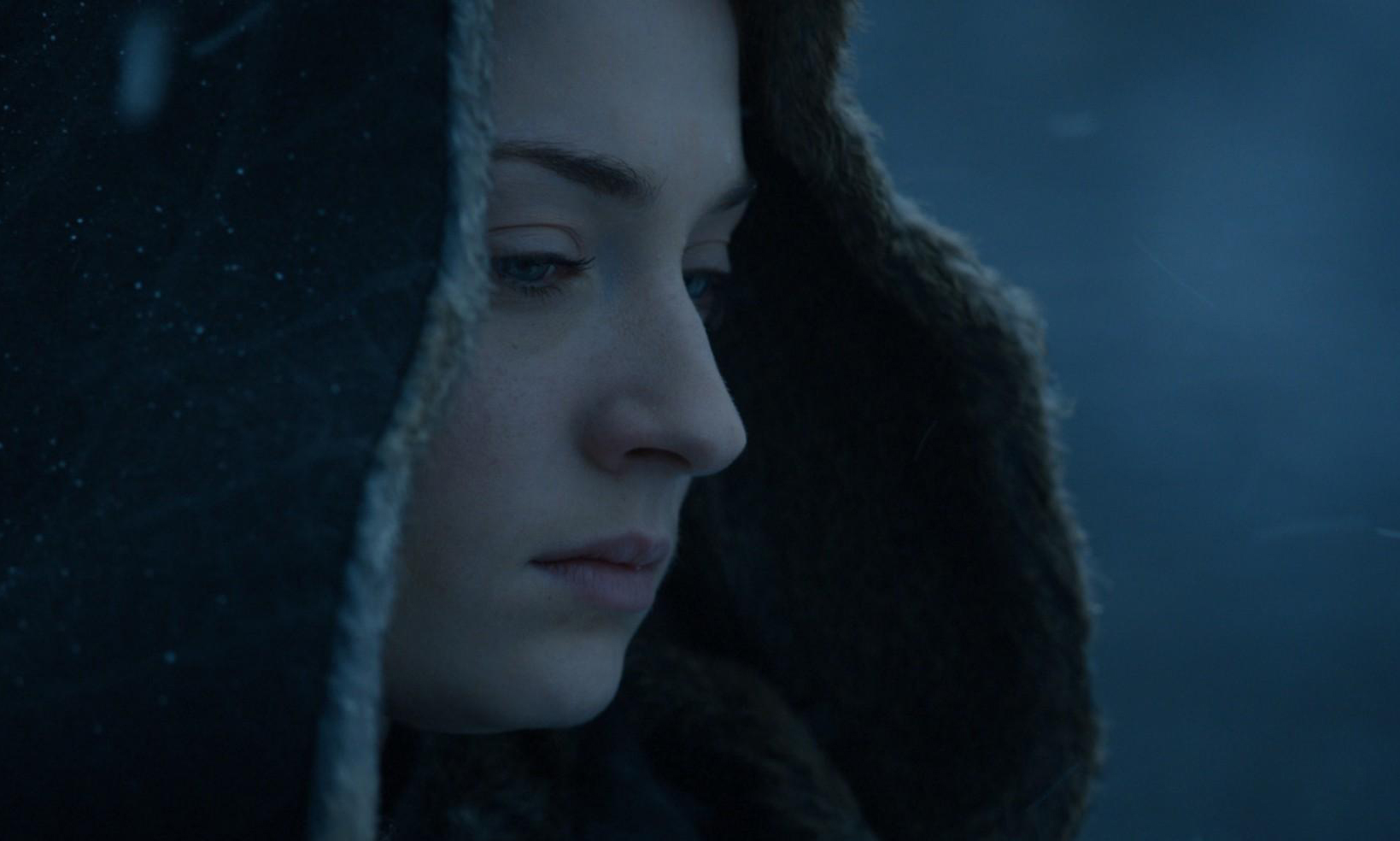 But the manner in which it all played out means that either there was one of those hilarious screen planning meetings that seems to take place in so many shows and films to work out the minutiae of staged twists between characters, and the whole ‘betcha didn’t see that coming’ moment with Littlefinger, or Sansa decided in that very moment that Littlefinger was the problem, without consulting with anyone whatsoever. But…why? Why did it take Sansa that long to out Littlefinger, and why did Arya feel the need to ‘test’ her sister? There’s no logic behind any of it. If Sansa, Arya and Bran were all aware of Littlefinger’s treachery – and independently or collaboratively, they’ve all had more than enough of the pieces for more than enough time – why not just have him executed a couple of episodes ago? Why string it out and have Arya threaten Sansa at knifepoint, have Sansa actually consult with Littlefinger, or have Arya brought to the Great Hall to ostensibly face charges herself?
But the manner in which it all played out means that either there was one of those hilarious screen planning meetings that seems to take place in so many shows and films to work out the minutiae of staged twists between characters, and the whole ‘betcha didn’t see that coming’ moment with Littlefinger, or Sansa decided in that very moment that Littlefinger was the problem, without consulting with anyone whatsoever. But…why? Why did it take Sansa that long to out Littlefinger, and why did Arya feel the need to ‘test’ her sister? There’s no logic behind any of it. If Sansa, Arya and Bran were all aware of Littlefinger’s treachery – and independently or collaboratively, they’ve all had more than enough of the pieces for more than enough time – why not just have him executed a couple of episodes ago? Why string it out and have Arya threaten Sansa at knifepoint, have Sansa actually consult with Littlefinger, or have Arya brought to the Great Hall to ostensibly face charges herself?
The answer, of course, is for the drama. The drama of the potentially fatal antagonism between Arya and Sansa that struck fear into the hearts of those who just want the Starks to rule the world, and the drama of having Littlefinger’s demise take place in a season finale flourish, rather than as a natural occurrence midway through. Which is all well and good from an entertainment point of view, but from a narrative point of view, it feels like a weird anti-logic detour to build false tension towards the big twist; yet another moment that rewards a lack of attention, with a pay-off that can only be truly enjoyed if you live exclusively in the show’s present, without much regard for the past.
Apart from anything, while it was always going to be Sansa who got the better of him, it is slightly jarring that Littlefinger just didn’t see this coming. Perhaps Bran’s visions were a wildcard, sure, but they were just the nail in an already well-sealed coffin. Really, all it took to bring him down were three siblings pooling their information and talking to each other. Given his actions across the show, and his reputation for schemes and trickery– which has grown to almost outstrip those actions by now – it just seems odd that something so obvious would be his downfall. Ironic, maybe, but still hard to accept.
With the world of the living set up for the final season, it seemed inevitable that the last scenes of season 7 should focus on showing the Night King finally find a way through the Wall. And he did. As a spectacle, Un-Viserion’s appearance and demolishing of the Wall – or rather, a certain part of it around Eastwatch – was quite something, from the blue flames to the fact that this was finally happening. The small irritation only comes through the fact that it all could’ve been avoided, had they just kept the dragons the right side of the Wall. Of course, they – Dany, Jon et al. – weren’t to know that, but still, there’s always something missing from plots where a huge conspiracy hinges on the stupidity of the heroes.
A dragon plus some hitherto unexplained magic element as the way to bring down the wall would be fine, but having it be just a dragon – albeit an undead one – does feed into the linear flaws of providing the Night King with one in ‘Beyond the Wall’ further. Meanwhile, it appears that what is Tormund may never die, but rises again, with a suspiciously similar plot armour to Jon. Perhaps he, and Beric, were caught in Viserion’s wrath, but the scene that showed the two look towards the part of the Wall that had collapsed did seem a rather pointed way of showing that the part that they were on hadn’t collapsed. How long would it take to run along the Wall to Castle Black, exactly?
Still, the Night King marches south, and with him, the plot reaches the final season, though also like him, it’s not quite clear when that will be. Some reports suggest 2019, owing to the mix of filming, and effects schedules. In which case, it might be a long wait indeed.
★★★★
SaveSave

